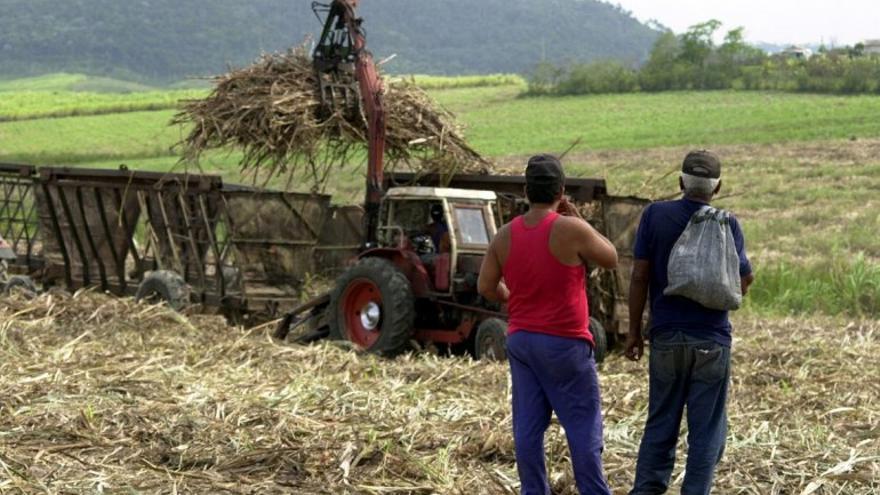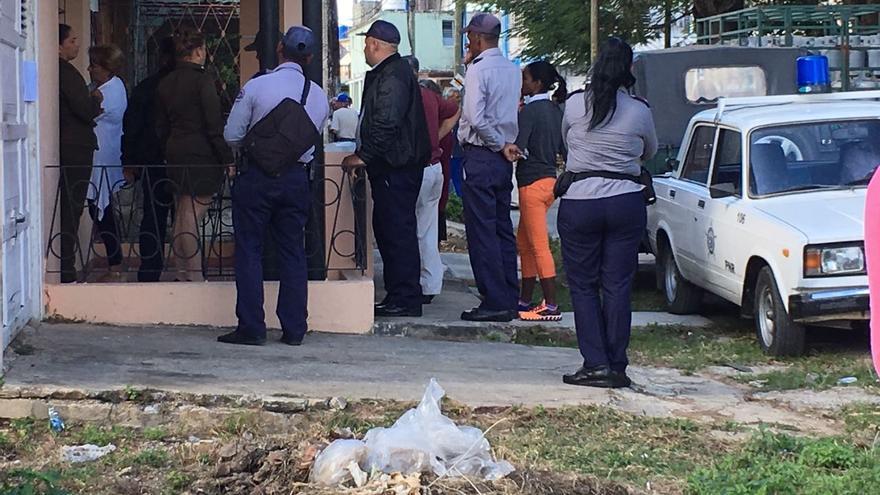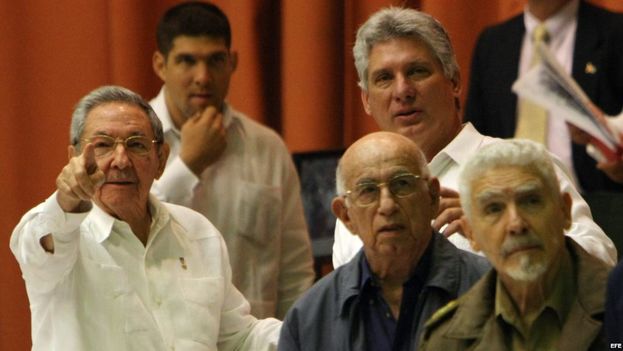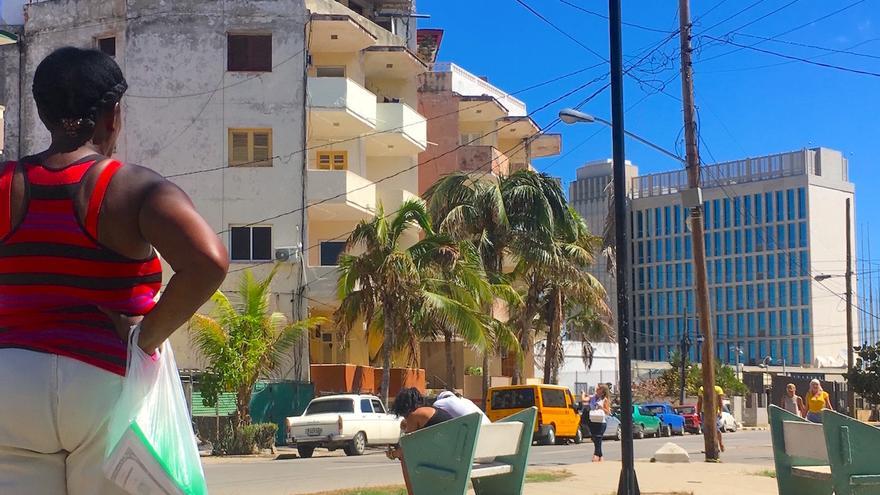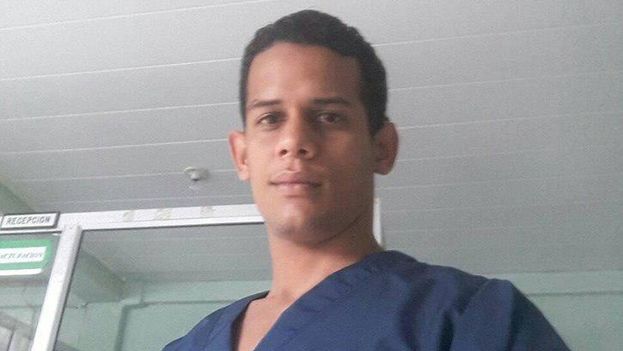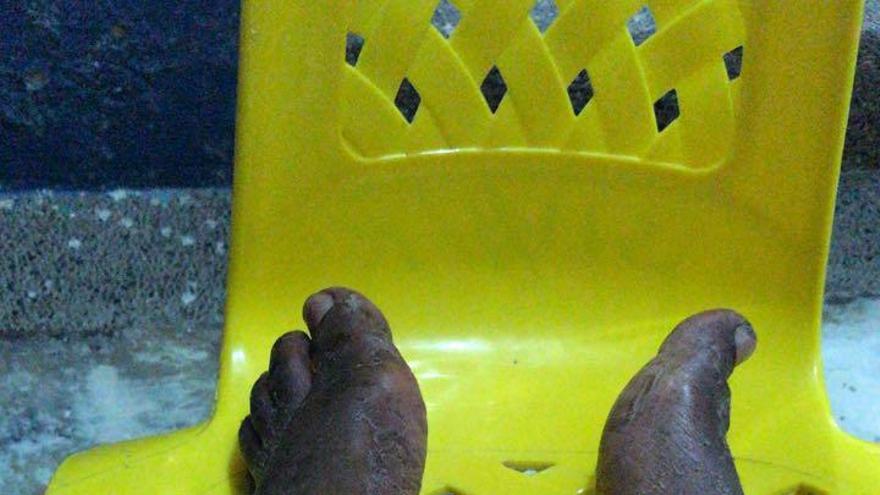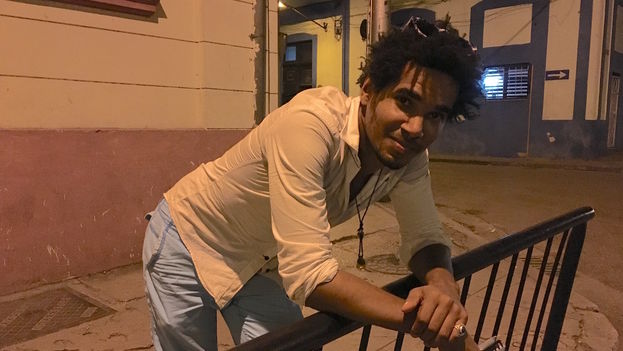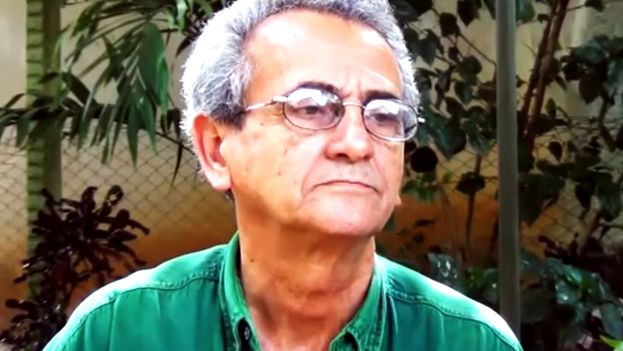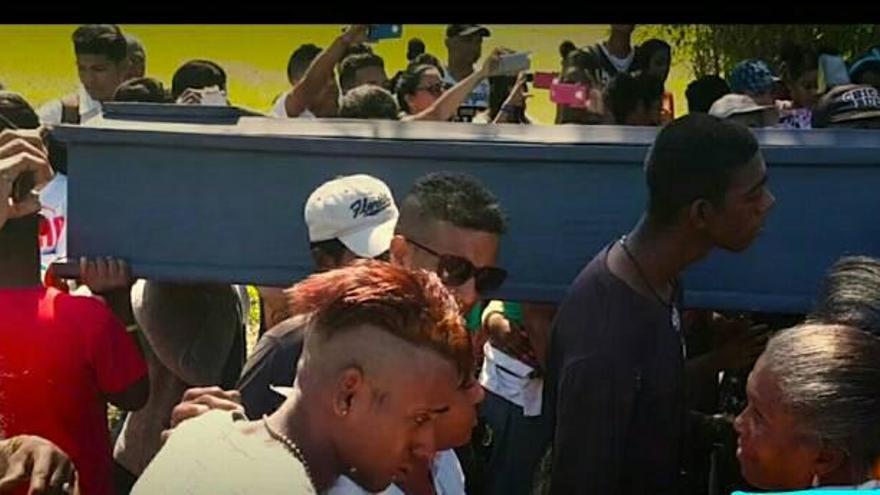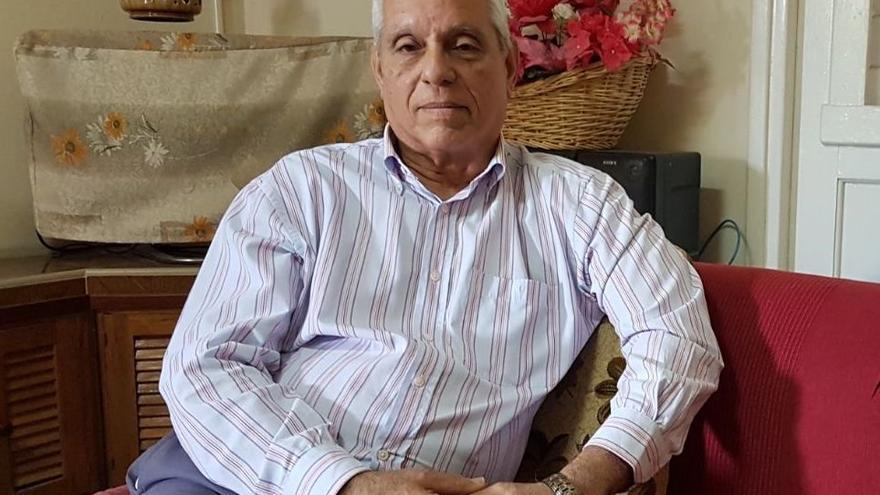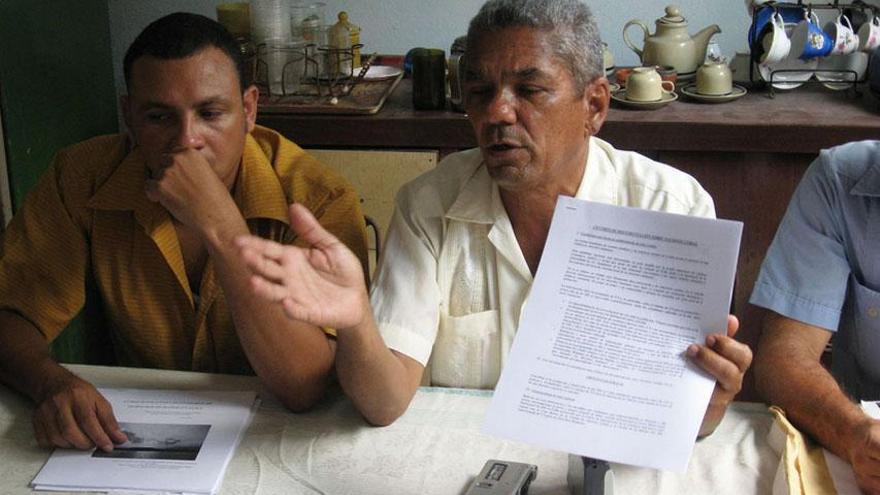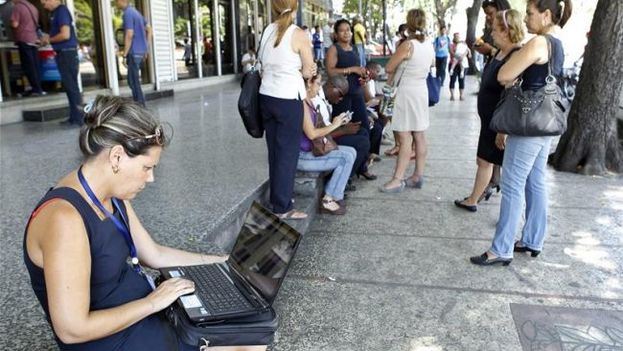
![]() 14ymedio, Yoani Sanchez, 5 March 2018 –The first time I heard a vegan explain to a Cuban why he did not eat meat, the interaction could not have been more absurd. Although the tourist insisted on the negative effects of certain foods, my compatriot did not understand the rejection of what he considered a longed for delicacy in the midst of the economic crisis of the island.
14ymedio, Yoani Sanchez, 5 March 2018 –The first time I heard a vegan explain to a Cuban why he did not eat meat, the interaction could not have been more absurd. Although the tourist insisted on the negative effects of certain foods, my compatriot did not understand the rejection of what he considered a longed for delicacy in the midst of the economic crisis of the island.
The scene has returned to my mind lately, as I read the onslaught against social networks launched, fundamentally, by users living in hyperconnected societies. Facebook has become the new red meat of those who say they are worried about the addiction of checking one’s wall, or “likes” or the publications of others. continue reading
It is a respectable position, but it goes beyond questions of being glued to a screen waiting for a “like.” Those who promote this attitude ignore the importance of these platforms as a space for criticism, dissemination and protection of innumerable movements and people on this planet.
Social networks are a virtual territory from which many of the frameworks of opinion that later influence the polls emerge, as has been seen in several electoral processes in recent years.
To flee social networks because they share false news, and abound in frivolity and hate messages and in even more serious dangers such as sexual harassment, is leaving the field to those who promote those practices and make the Internet a place increasingly less safe. It is an attitude similar to that of the citizen who does not vote.
Social networks are a virtual territory from which many of the frameworks of opinion that later influence the polls emerge, as has been seen in several electoral processes in recent years. Not to participate in their debates, their interactions and even their fights is to lose a part of our civic space.
Like all public places, social networks are also a battlefield. One of the founders of Facebook, Sean Parker, who was the first president of the company, has publicly expressed his concern about the effect it has on us to spend too much time in that soup of emoticons, selfies and messages.
Parker points out that social networks exploit some human psychological vulnerabilities, especially those that signal our need for approval and attention. The creator of Napster considers himself a “social networks objector,” and is barely seen in any of them. It is worth noting that his assessment of the phenomenon is based on a very American experience and is influenced by the churning of Silicon Valley. To many he sounds like that vegan who tried to convince a hungry Havanan that the food they dreamed about was not a good thing for their health or for the environment.
It is worth wondering if those who, today, criticize these services, at some moment tried to influence their propensities and paths
It is worth wondering if those who, today, criticize these services, at some moment tried to influence their propensities and paths. Most Internet users rarely report a story as false or take the trouble to write to technical services to propose improvements or alert them to bad practices. Some of the passivity suffered by modern societies has been transferred to the social networks, where people accept things as they are or take refuge in their personal lives, while insisting that “politics is dirty” and it is better to stay away.
The call to cancel Twitter, Facebook and Instagram accounts as a strategy to save oneself from the tide of interference in one’s private life or the powerful eyes of the companies that collect personal information, is a road that leads irredeemably to abandonment by those who most need to be read and heard in these spaces.
In Latin America, in more than one case, the social networks have confronted the cravings of the region’s authoritarian governments. Without these channels, the images of repression against the popular revolts in Venezuela would have been stuck behind the iron wall of control Nicolas Maduro imposed on the national media. With the expelling of news networks and the closing of television channels, as well as the official hijacking of others, Miraflores Palace shut down most of the opportunities to narrate a country that is now narrated tweet by tweet or through the Facebook accounts of those who continue to report from within.
The same thing happens in Cuba, where the World Wide Web has marked a before and after on issues such as censorship, awareness about complaints of human rights violations and the dissemination of opposition platforms.
Are we going to shut the doors to social networks and leave these protestors on their own? Instead of a stampede, why not propose a more civic attitude among the users of these services? A greater involvement to denounce the “fake news” or those networks of trash that now flood cyberspace.
A significant share of the world’s population is more afraid of the eyes of the political police, the paramilitary groups or the dictatorship of the day in the real world
The arguments of those who promote digital asceticism include avoiding letting the mega-conglomerates like Google or that creature created by Mark Zuckerburg make use of personal information to sell us products. A kind of remote-controlled commerce where the user is seen as a conglomerate of phobias to avoid and desires to satisfy.
But that motive only applies to a certain number of people in this world, where there is also a large share of inhabitants who have never bought anything online and who get no benefit from clicking on an advertisement targeted to their interests, because they do not even have a credit card.
To think that companies peeking at the photos we publish or our list of contacts is universally feared, is a mistake made by the first world. A significant share of the world’s population is more afraid of the eyes of the political police, the paramilitary groups or the dictatorship of the day in the real world.
It should also be noted that other circumstantial phobias, the products of overkill, also appeared when the telephone allowed us to converse without meeting face to face, and predicted the end of friendship and personal relationship.
Even if we ourselves do not look at that intricate cosmogony that is made up of virtual forums, chats and walls, our life is determined to a large extent by what is published there
Coincidentally, these are the people for whom social networks are not only the way to relate what is happening to them but also a kind of protective umbrella to shelter them from repression.
As in so many things we have gone to extremes. From the illusion of believing that through digital platforms we would be able to overthrow regimes, rebuild countries and achieve democracy, to the promotion of an idyllic state of disconnection where, in theory, we are happier, less controlled and more attentive to our children.
To believe that we can take refuge in a bubble without “trending topics” is a fantasy. Even if we ourselves do not look at that intricate cosmogony that is made up of virtual forums, chats and walls, our life is determined to a large extent by what is published there. Retreating only leaves us on the sidelines, but it does not protect us from what is cooked up in the digital agora.
It is not necessary to leave social networks, but rather to help to change them.
____________________________
Editor’s Note: This text was initially published in the Spanish newspaper El País.
The 14ymedio team is committed to serious journalism that reflects the reality of deep Cuba. Thank you for joining us on this long road. We invite you to continue supporting us, but this time by becoming a member of 14ymedio. Together we can continue to transform journalism in Cuba.


